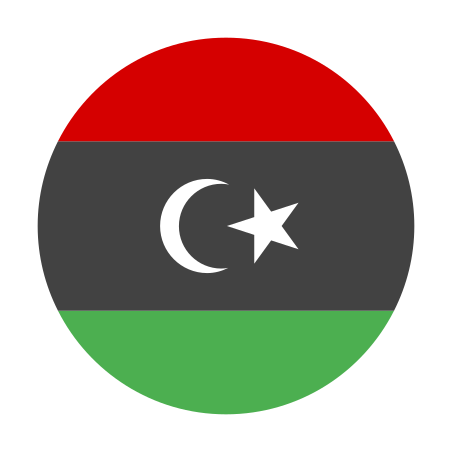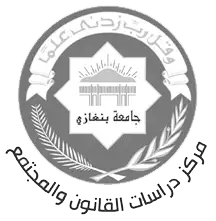Justice seeking and access to justice in Libya: Tawerghan IDPs who lost their documents
When you think about civil war, perhaps the loss of personal documentation is not the first thing that comes to mind. Yet such losses can have long-lasting negative impacts on the lives of people. Monder Daw Qayeed shows this based on case study research among internally displaced Tawerghans who now live in Tripoli. This study is part of Phase 1 of the Access to Justice-project.
The February 17th revolution of 2011 marked a turning point for the city of Tawergha. Whereas other cities, notably neighbouring Misrata, were prominent in rebelling against Muammar Gaddafi, Tawerghans long fought on the side of Gaddafi and were accused of committing grave human rights violations such as rape in this fight especially against their neighbours in Misrata. When the rebels got the upper hand, they displaced most people from Tawergha. This case study focuses on some of those displaced Tawerghans and an often-overlooked problem they faced: the loss of their personal documents (identity, educational, banking, and land titles).
Consider Mohammed, 37, who received his engineering degree and was among the first in his college. His high marks helped Mohammed get a scholarship to study abroad. But all his dreams were shattered by the events of February 17, 2011. He and his entire family were displaced from their hometown Tawergha, and he lost his personal documents including identity documents. Mohammed and his brothers were forced to move from one place to another, until they finally settled in Tripoli in the camp of the Islamic Call Society.
Mohammed lost his personal documents and his academic papers, and thereby his chance to study abroad. Secondly, Mohammed described that his loss of personal documents led him to now fear security agencies when he moved around: ‘When you are stopped at checkpoints on the road and you do not have any documents, you will face great problems. Especially when you are a Tawerghan.’ Thirdly, having no personal documents Mohammed could not participate in political activities like municipal or parliamentary elections.
Some Tawerghans managed to get replacing documents in reasonable times. But others, like Mohammed, felt discouraged from trying to replace their documents. In administrative terms, Tawergha had always depended on Misrata. And given the central enmity between the two cities and his belonging to the former, he expected no help from people in the latter. Initially Mohammed thought it was not possible to claim anything from those who had stormed his city and caused his displacement.
Eventually, Mohammed did resort to several bodies, such as the Civil Status Department, the Real Estate Registration Authority, and the Department of Passports, Nationality, and Foreigners Affairs. The responses from these authorities differed. The departments dealing with civil status and passports responded favourably, if often with a long delay. Mohammed was able to extract a collection of official documents through the Tawergha Issuance Office of the Civil Status Department. But other bodies – like the Misrata Education Directorate – did not issue new educational documents. This refusal was seen by many Tawerghans as a collective punishment against their people. Some, like Mohammed’s brothers, had lost faith that the Education Directorate would ever give them their educational documents, and began their university studies anew.
When thinking about war and displacement, the loss of personal documents may not immediately come to mind. But this case study reveals that such losses can have very negative and long-lasting impacts on the lives of displaced people. Especially when personal documents only existed on paper and no back-ups were stored elsewhere, a civil war can effectively erase people’s identity, accomplishments, and assets. A decade after their displacement, the Tawerghans in this case study managed to get some of these documents replaced – but have given up hope ever getting back all that was lost.
This summary was published in Suliman Ibrahim, Bruno Braak and Jan Michiel Otto (2022) 'The Long and Winding Road: Justice seeking and access to justice in Libya', Leiden/Benghazi: Van Vollenhoven Institute/Benghazi Centre for Law and Society Studies.




